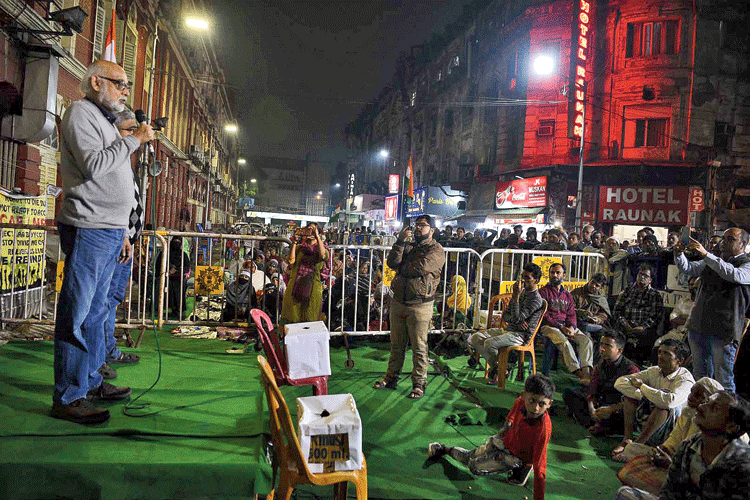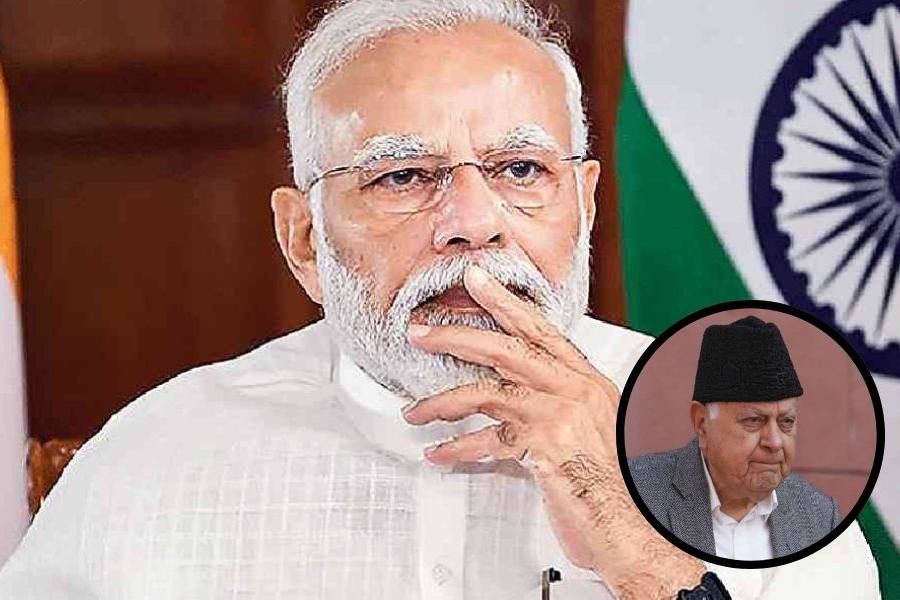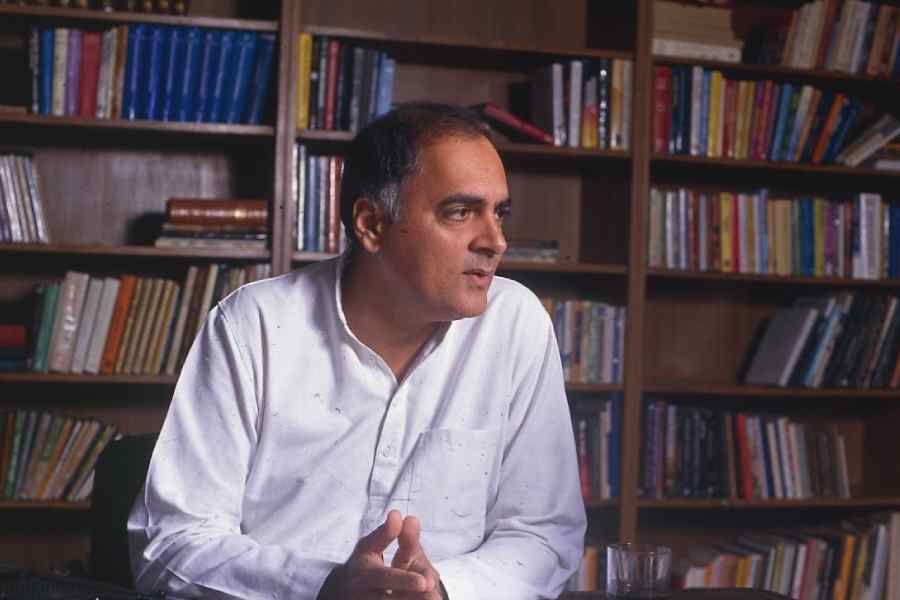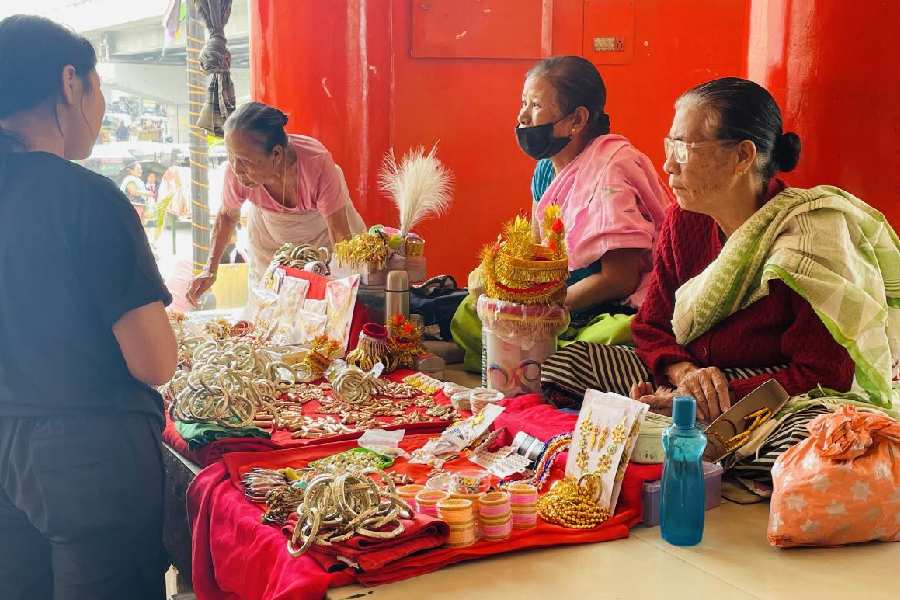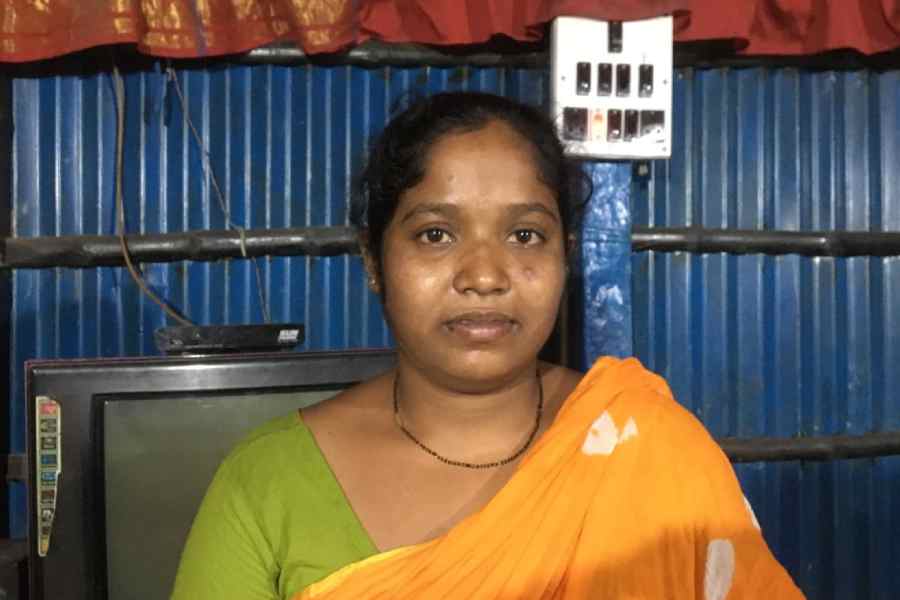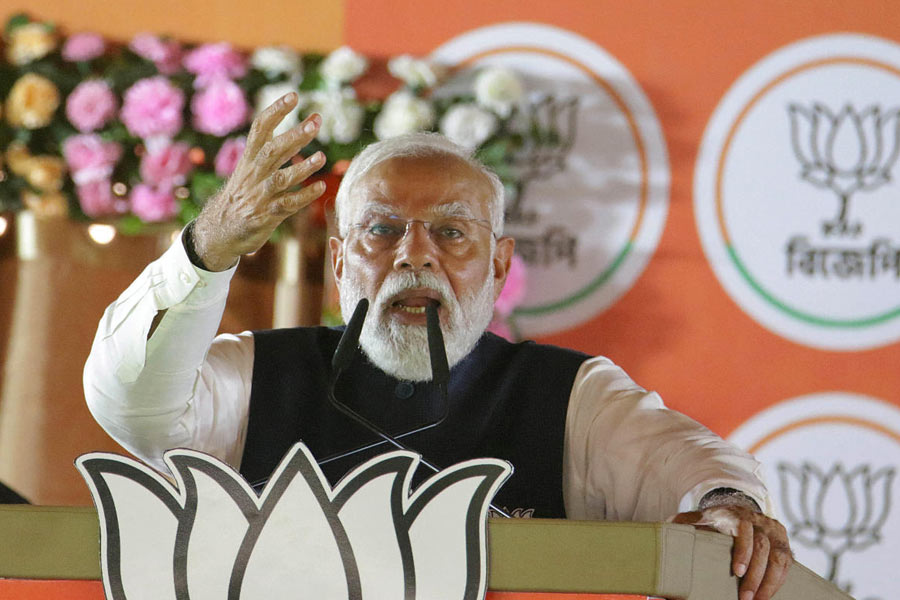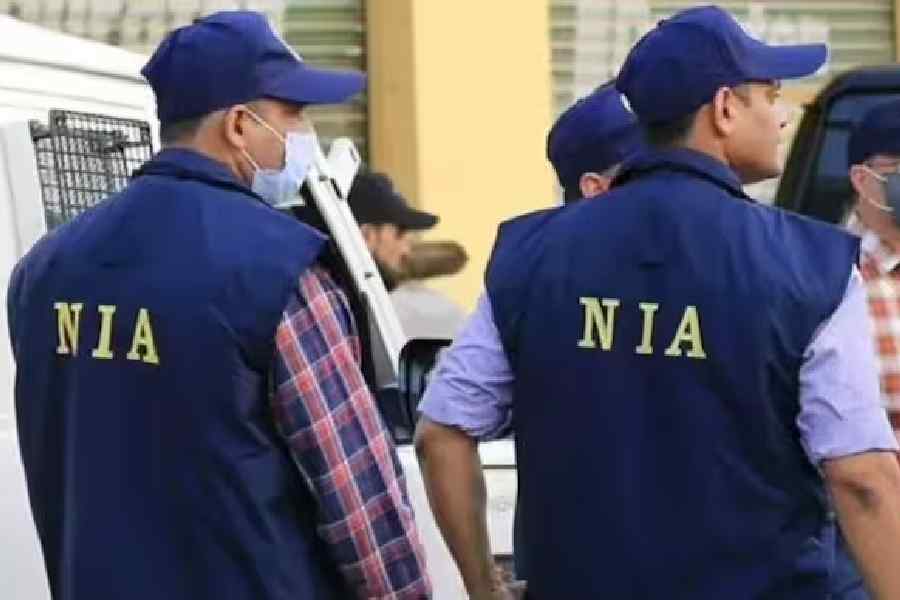Social scientist Partha Chatterjee on Wednesday took a class on the document-based citizenship drive and the need to oppose it at a demonstration near New Market that has been continuing for 10 days.
“This kind of emotion among people who have never walked in political rallies — in all corners of the country — is something I have never seen in my life. I will say shabash (bravo),” said Chatterjee, professor of anthropology and south Asian studies at Columbia University.
Chatterjee said the mass movement “had forced the Opposition parties” to back the protests and “it is imperative the movement continues”.
The 73-year-old pointed out that the Prime Minister, Union home minister and many other BJP leaders had said repeatedly that the Citizenship (Amendment) Act was meant to give citizenship, not to take it away. “We need to understand how big a betrayal (koto boro dhokha) that is.”
Chatterjee highlighted the changing contours of “citizenship” from January 1950, when the Constitution came into force, to the latest amendment. There were ample legal provisions to grant citizenship to outsiders and the Centre brought the 2019 amendment only to serve communal interests, he asserted.
“In January 1950, the Constitution defined citizenship for the first time. It said from the day the Constitution came into force, people living in India who are not citizens of another country will be treated as Indian citizens,” said Chatterjee, who splits his time between Columbia University and the Centre for Studies in Social Sciences, Calcutta, where he was director from 1997 to 2007.
The Citizenship Act of 1955 was enacted to settle questions on determining citizenship for those born after 1950. The act said “every person born in India on or after the 26th January, 1950, shall be a citizen of India by birth” and also had provisions for citizenship by “descent, registration or naturalisation”.
Many people, he said, have been granted Indian citizenship through registration. He cited the example of singer Adnan Sami, who had applied for, and was granted, Indian citizenship in 2015.
“The government is saying the CAA was introduced for the people who have faced religious persecution in three countries.... That could have been done without the amendment.”
Chatterjee then spoke about “two strange amendments” to the citizenship act. “The first was in 1986, brought for the unrest in Assam and the subsequent Assam accord during the tenure of Rajiv Gandhi (as Prime Minister)... paving the way for an NRC to identify the outsiders. But that was a special arrangement for Assam. The major amendment was brought during Atal Bihari Vajpayee’s tenure…. It stated that the government could not grant citizenship to illegal immigrants — people who had come from other countries and did not have proper documents. For the first time, the law defined who was an illegal citizen....”
He went on: “The Assam NRC excluded around 19 lakh people, 12 lakh of them Hindus. This was a major problem for the BJP. The CAA’s aim is to grant citizenship to these Hindus, but not Muslims.”
Chatterjee also pointed out how the words “religious persecution” was absent in the text of the amendment. “It mentions all major religions except one. Non-Muslims, with or without documents, will be eligible for citizenship…. Muslims from other countries, on the other hand, will be assumed to be illegal citizens through the NRC. The onus of proving their citizenships will be on them.”

